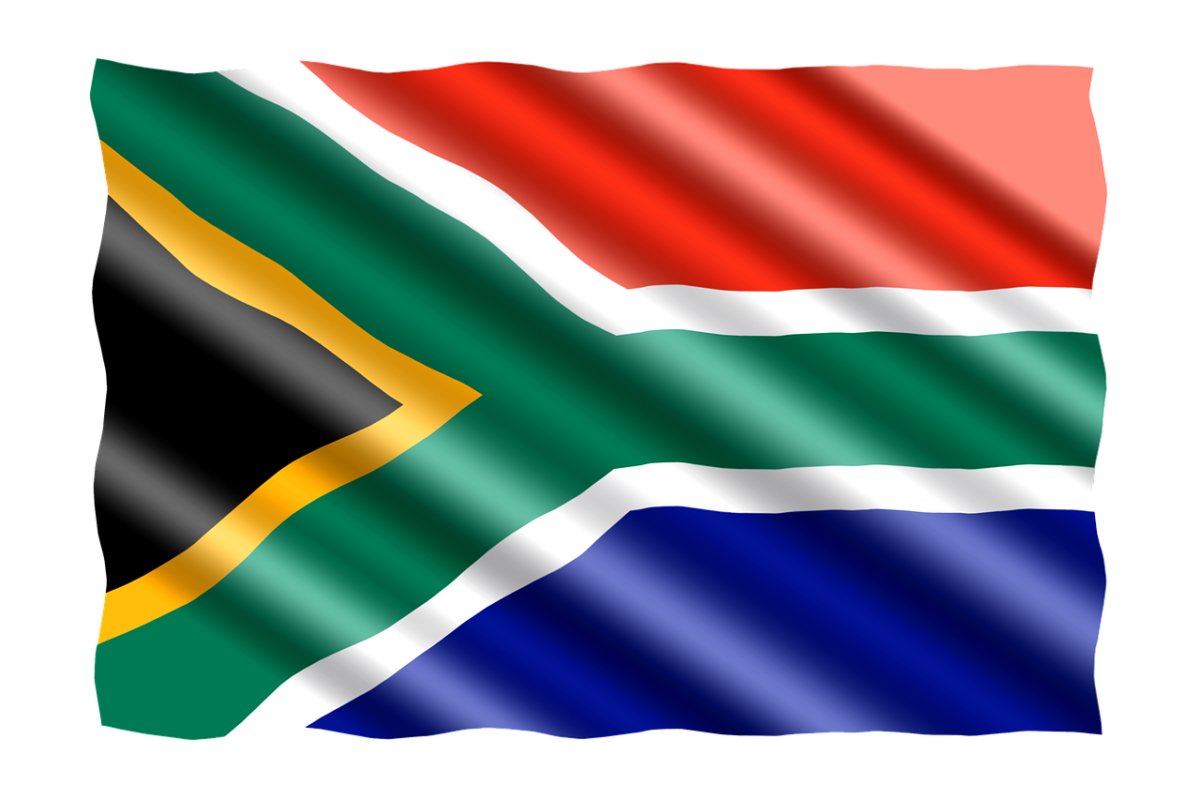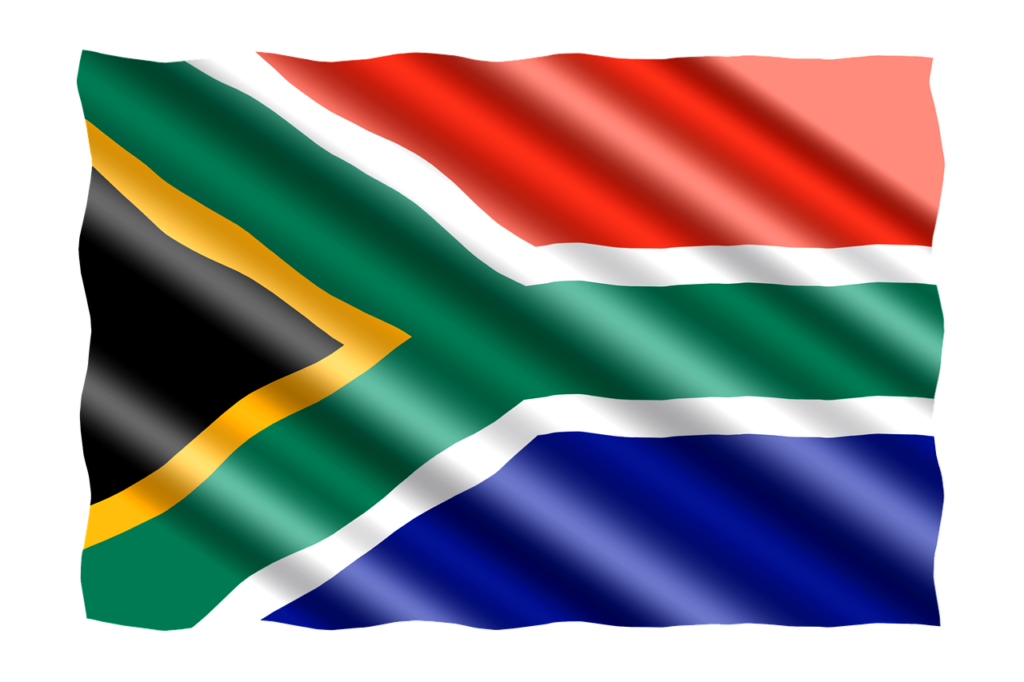
Experiential learning and CSR
Recently, two young Hong Kong accountants, focused on their career at international accounting firm Mazars, received some news that initially left them somewhat worried. For Assistant Manager Yeung Lok Ki, it came as something of a shock.
“I was in the middle of an audit for an important international client when one of the Partners asked me to come to his office and promptly announced: We’re sending you to Africa!”
“I wasn’t sure if this was good news at first, and when I told my family, they were also concerned. But I knew the company was giving me a chance to prove myself in an unusual environment. It’s the kind of challenge everyone imagines they may face at some time in their career, a chance to experience a different culture, and perhaps a different way of working.”
Mazars, a fully integrated worldwide partnership, are no strangers to transferring staff to distant lands, in what are popularly known as ‘secondments.’
Something more and more Hong Kong businesses are doing to keep key professionals progressing, as well as to build their experience and perspective on professional markets around the world. The Mazars Group has seen quick growth both organically and through integrating new firms, however, according to Ken Morrison, Managing Director, Hong Kong, it has not been as big a challenge as anticipated and they continue to centre their organisational culture around a sense of unity among a diversity of nationalities.
Selecting talent
Employees are selected from a wide range of nationalities and cultures but Morrison believes that their core values are ultimately the same and that potential employees will be drawn to the company by these shared values of integrity, professionalism and independence. Additionally, as an international group it is important that their talent pool matches the diverse client base. With many clients from international businesses, it is important that staff also have an understanding of working practices globally. This broadens horizons, and the more well versed they are in international business and social issues, the better it is, both for staff personally and for their clients.
Morrison advocates that travel broadens the mind and for Yeung Lok Ki and his colleague Man Tat Kau, this was an opportunity to see the world and how it works. Morrison explained, “It is a character building as well as career building move that benefits all parties.” While such secondments hone staff members’ technical skills they also generate greater commitment, loyalty and enthusiasm. Additionally, Morrison believes that this enthusiasm will ripple through to all staff.
Between two and four staff members are selected for secondments each year. As an exchange process the candidates that are sent are broadly speaking the same grade as the people that they receive. The company selects staff members who show a lot of promise and potential and who would benefit from overseas experience. The secondment is viewed as a reward, while also developing the employee, enabling them to experience more of the Mazars organisation and giving them a wider understanding of it.
Stronger staff are chosen because, according to Morrison, they will serve as a good advert for the Hong Kong office—creating incentives for staff from abroad to come to Hong Kong. Additionally if the staff member is not very good it creates difficulties and requires more effort when teaching them how to do a job. For stronger staff this is not a problem as the methodologies and technical experiences are similar.
The process of selecting staff members begins with the Heads of Departments who are asked to select potential secondees and ultimately they reach a consensus over who is selected.
Why South Africa?
When asked why they chose South Africa, Morrison explained that secondees are sent to many different countries. They have secondments to Mainland China, although this is not considered as much of an ‘adventure’, especially as there is more integration of HR in Hong Kong and mainland China offices.
Language is also an important consideration on secondments—as it creates a potential challenge. Morrison advises HR to ask whether the language used during secondments will be an issue or a challenge.
“While two of our Managers spent three months in our Cape Town office, we took two of theirs to help fill in here, giving them an insight into life and work in Hong Kong. All are in their mid twenties.” Morrison shared with us that South Africa’s ‘busy period’ is at a different time to Hong Kong’s and therefore it makes sense to take staff during the busy periods.
Buddy system
Morrison also shared that he sees a buddy system as essential, as it can be very daunting arriving in a foreign country, completely different to your own and where you do not know anyone. He sees that when secondees feel that they have someone looking after them, this helps cut through any fears and doubts that may arise.
Key benefits of secondments to staff
Man says he gained a tangible advantage as well as an insight into how others work. “It was interesting to learn the various audit systems they use in South Africa, which were different in subtle ways to ours in Hong Kong: same objective, different process. Plus I had to speak English every day, whereas in the office I won’t only use English, so that was a good test for me.”
Yeung gained a wider perspective of his employer. Yeung explained, “I can see just how multinational our company is now. Daily life may be different, but we have the same name on the wall, which is kind of reassuring. You feel part of a much bigger team.” Yeung added, “I also came to appreciate Hong Kong’s own nuances while I was away. Where fast and efficient is our home-grown motto, in South Africa more time is spent understanding statistics for transaction testing, for example.
In Hong Kong we will also need to analyse statistics to seek, for example, expenditure patterns—but we do it in a different way and at a different time in the audit. It’s interesting to see the pros and cons of different systems in practice.”
Socially there is a lot to be gained from an international secondment. Both Hong Kong participants were taken with Cape Town’s geography and its people and agreed everyone was very welcoming and warm. The city is still changing since apartheid was eliminated, but it is already very international. Mazars Cape Town has staff from UK, USA, India and Taiwan, creating a dynamic office environment. The experience of different working methods and living conditions has had a lasting impression on the secondees.
The trip has also helped them appreciate Hong Kong, and understand better that every city has advantages and disadvantages.
Hong Kong secondments
While the Hong Kong office sent two of its top staff to South Africa, they reciprocated and hosted Chenelle Vorster, Audit Supervisor and Dorette Booyens, Assistant Manager from the Cape Town office. As natives of Cape Town they both experienced the culture shock that working in Hong Kong can present.
Booyens reflected, “On a personal level I got to experience a city I would probably never have seen. I also grew as a person since I learned how to cope in new and different situations. Professionally I got to experience and appreciate how business works in a different area of the world and I can see exactly how our profession is adaptable to any country.”
Vorster added, “In terms of the technical standards, there aren’t many differences since accounting and auditing standards are international and both Hong Kong and South Africa have adopted these standards, so it was fairly easy to cope in terms of the work.”
“We use a slightly different software system to Hong Kong but I would say the main differences are in the way we approach work. In South Africa we like to start work earlier, but would tend to work less overtime.
There are probably a lot of factors that influence this, such as distance from home to place of work, so I’m not sure if it’s necessarily a difference in culture.”
Booyens and Vorster both cited as highlights the ‘Symphony of Lights’ across Victoria Harbour and the views from the Peak at night and their smiles broadened at the mention of shopping. But they were also full of compliments for Hong Kong’s people.
Vorster summed up “This entire trip has been one of the most important and special things in my life, so it is very difficult to pinpoint one highlight. Hong Kong is a beautiful city and I feel privileged to have seen it.
I will never forget this time and I am going to miss all the fantastic people I met who went to a lot of trouble to make this experience as memorable as possible.” Staff are de-briefed and interviewed upon returning to their home country. Exchange programmes happen every few months somewhere within the organisation, with New York, Paris, London, South Africa, Tokyo and Hong Kong all participating. Morrison sees it as part of the future for Hong Kong companies, giving suitably qualified staff a chance to work and live in a way they otherwise might not experience.
Secondments—how long?
The Hong Kong office is sending a staff member to New York for three years. Morrison was quick to point out that three years is a long time. To deal with such a prolonged secondment the participant was reassured that at the end of this period, after making a life for themselves in New York, they are not contracted to return to Hong Kong—but can do so if they wish.
When asked what he considers a good length of time for a secondment, Morrison pointed out that if the timeframe is too short then employees will not ‘soak up’ the environment of the company enough, so he recommends a period of at least three months, but longer may be appropriate. Morrison believes, “These exchanges open the eyes of participants and remind us that in building relationships, we all run on the same fuel, but the end benefit is, staff return richer for the experience, personally and professionally.”





